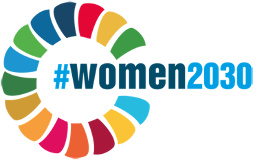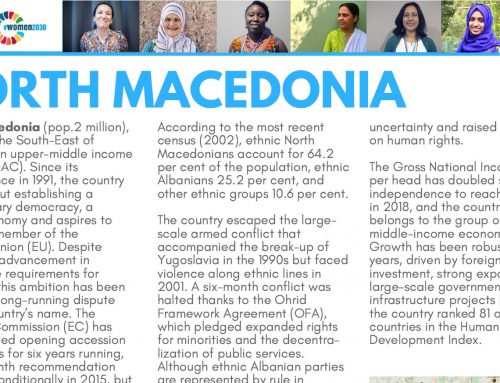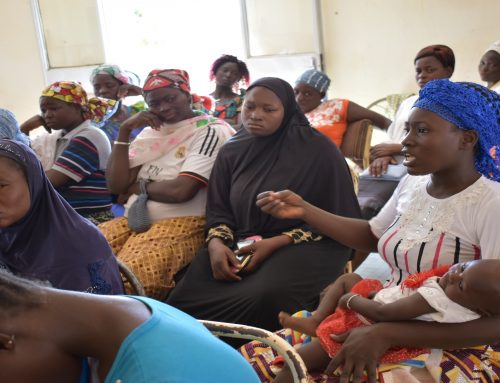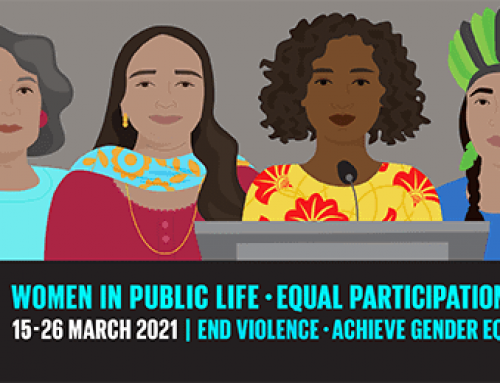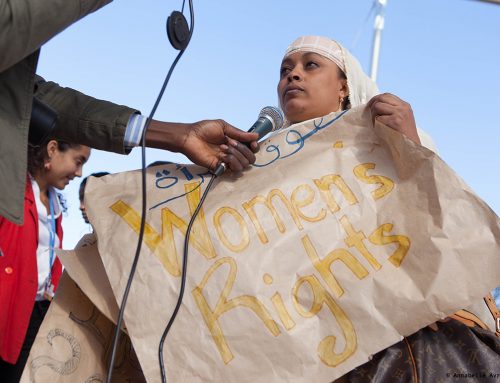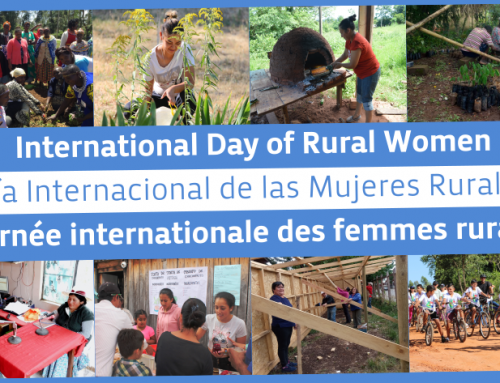The level of gender inequality in Tajikistan remains high, despite the minor improvements from the previous year. The country’s performance and global ranking as regards economic participation and active involvement of women in policy-making also suffered a blow. Public trade unions acknowledge the work that the Tajik government has been doing to tackle gender inequality, but stress the set of problems that are hindering the achievement of gender-related SDGs in Tajikistan.
Law implementation mechanisms are weak, the strategies and programs aiming to achieve a de facto gender equality, including gender monitoring and evaluation remain undeveloped, and the statistics are still incomplete. A gender approach has not been adequately introduced in the sectoral legislation and strategic documents, thus gender sensitivity among public servants is low.
Gender stereotypes and traditional gender roles are still prevalent in families and society at large. Women are still uninformed and unaware of their rights to equal access to economic, social, and information resources and energy services. Women from vulnerable groups, i.e. women living with HIV+, abandoned wives of immigrants, women and girls with disabilities.
Voluntary National Reviews at HLPF 2017
Our local partner Alla Kuvatova, Tajikistan, attended the high level political forum in 2017, and was chosen to ask her country questions on their VNR on behalf of the the women’s major group and the civil society mechanism.

